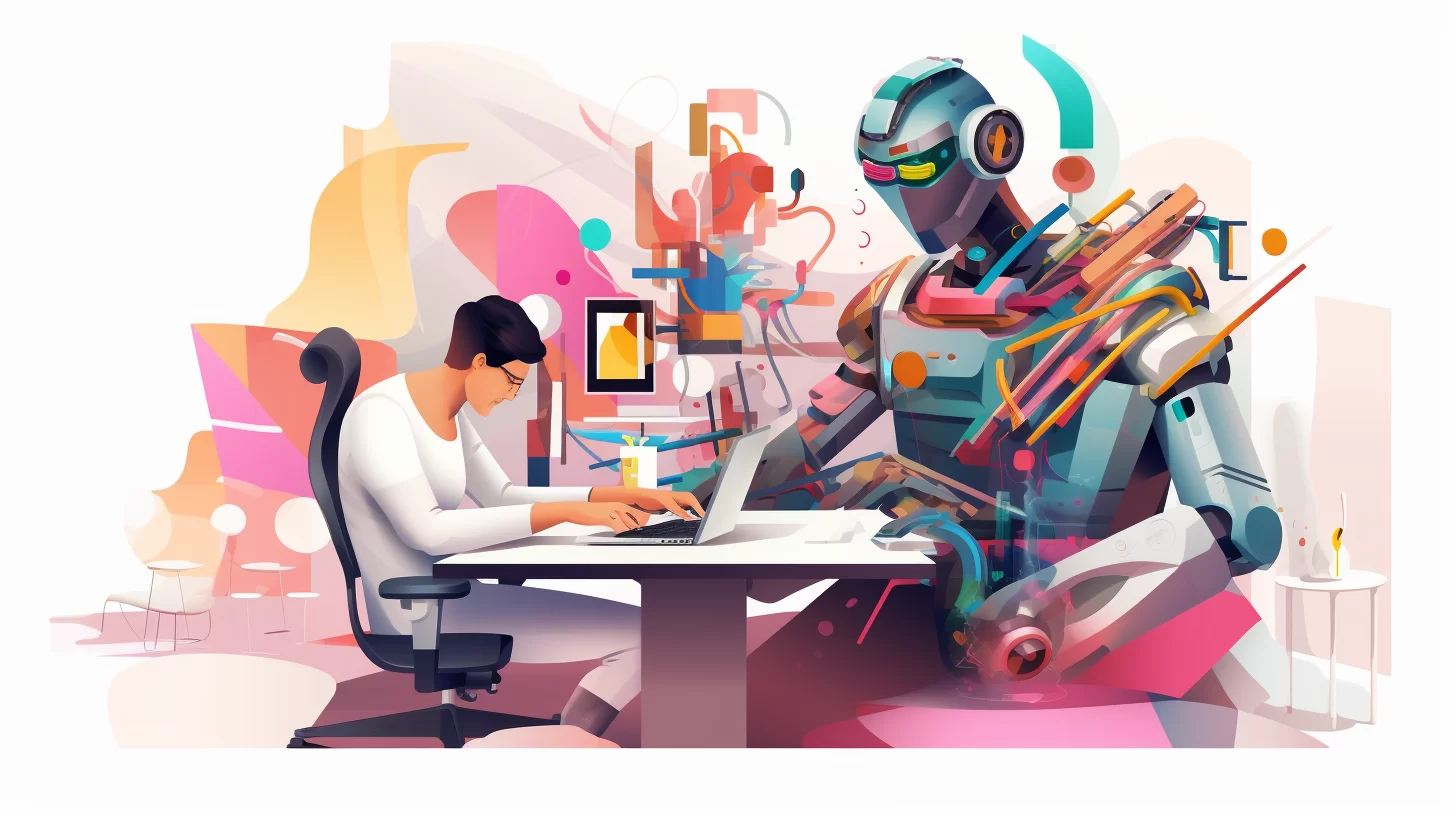In today's rapidly evolving technological landscape, discussions about artificial intelligence (AI) often revolve around its implications for the job market. State legislatures, Congressional leaders, and everyday consumers are trying to wrap their heads around what AI means for them – and how to regulate it. However, amid the debate, one common misconception stands out: the idea that AI is going to steal your job.
According to a World Economic Forum report, while 85 million jobs could be replaced by automation by 2025, 97 million new opportunities will be created.
Industry-backed regulations are developed in tandem with the companies and experts actively creating AI technology, according to a recent article by Bloomberg. But beyond regulations, AI is also facing a significant "brand" challenge, with widespread misinformation regarding the impact of automation and AI on jobs.
In 2020, the World Economic Forum (WEF) released a report that seeks to provide a more balanced perspective of AI. While 85 million jobs could potentially be replaced by automation by 2025, the same report highlights a crucial counterpoint: 97 million new opportunities will be created. These new jobs are not just replacements; they are likely to be higher-paying and more rewarding than the ones that may be lost, the WEF says.
AI companies have also admitted the limitations of the technology. While these models can process data and swiftly complete basic tasks, they are entirely reliant on human-developed data sets and logic algorithms. They do not possess the creativity, empathy, and complex problem-solving abilities that humans bring to the workforce.
AI often augments human capabilities rather than outright replacing them. AI systems can assist professionals across various industries, streamlining repetitive tasks and enabling them to focus on higher-value, creative, and strategic aspects of their work.
Additional studies are expected to yield similar findings about AI's transformative potential, as it is not about eliminating jobs but reshaping them, a blog post by GetSweep points out. It's about making work more efficient, allowing humans to focus on tasks that require emotional intelligence, critical thinking, and innovation. The full potential of AI can be found in embracing it as a tool for empowerment and advancement, not a threat to job security.

